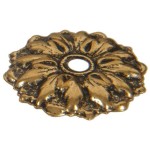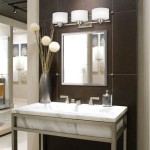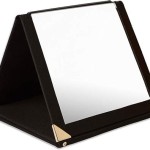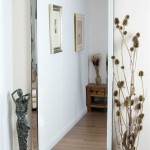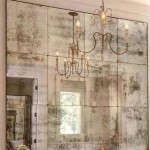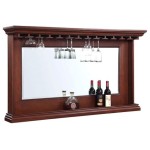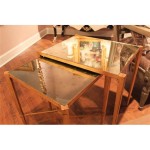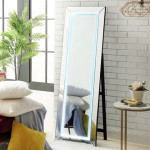Essential Aspects of Hanging Large Mirrors with Adhesive
Hanging large mirrors securely and aesthetically requires careful consideration of several essential aspects. Understanding these aspects is crucial to ensure proper installation, prevent accidents, and maintain the beauty and functionality of your mirrors.
This article delves into the key factors to consider when hanging large mirrors with adhesive, providing guidance on selecting the right adhesive, preparing the surface, positioning the mirror, and ensuring long-lasting hold.
1. Adhesive Selection
Choosing the correct adhesive is paramount for a secure bond between the mirror and the mounting surface. Opt for an adhesive specifically designed for mirrors, as these are formulated to withstand the weight and prevent damage to the mirror's backing. Consider the surface material you're attaching the mirror to and select an adhesive compatible with it.
2. Surface Preparation
Proper surface preparation ensures optimal adhesion. Clean the mounting surface thoroughly with a degreaser or rubbing alcohol to remove any dirt, dust, or grease. For non-porous surfaces like glass or tile, use a primer to enhance the adhesive's grip. Allow the surface to dry completely before applying the adhesive.
3. Mirror Positioning
Before applying the adhesive, carefully measure and mark the desired position of the mirror. Use a level to ensure it's straight and aligns with any existing décor. Mark the location of the adhesive strips on the back of the mirror accordingly, ensuring even distribution of weight.
4. Adhesive Application and Bonding
Follow the manufacturer's instructions for applying the adhesive strips. Press the mirror firmly against the mounting surface, aligning it with the marks you made. Apply pressure throughout the entire surface area, ensuring good contact between the adhesive and both surfaces. Allow the adhesive to cure according to the specified drying time.
5. Weight Distribution and Safety
For heavier mirrors, distribute the weight evenly by using multiple adhesive strips or mounting brackets. Consider the load-bearing capacity of the adhesive and ensure you're using sufficient support. Always follow the manufacturer's recommendations for maximum weight limits and any safety precautions.
6. Finishing Touches
Once the adhesive has cured, check the security of the mirror by gently pulling on its edges. If it's securely attached, use a clear silicone sealant around the edges to prevent dust or moisture from entering the gap between the mirror and the wall. This will also enhance the overall finish.
7. Maintenance and Bonding Longevity
Over time, adhesive bonds may deteriorate due to environmental factors. Periodically check the mirror's stability and reapply adhesive if necessary. To preserve the bond, avoid exposing the mirror to extreme temperatures or direct sunlight, as these can weaken the adhesive.
By adhering to these essential aspects, you can hang large mirrors with adhesive confidently, ensuring they remain securely and aesthetically pleasing for years to come.

Large Plain Bathroom Mirror Wall Mounted Self Adhesive Frameless Bevelled Edge

Using Command Strips For Hanging A Mirror The Morris Mansion

Putting Your Mirror Up With Adhesive April 2024 Our 5 Picks For The Best Adhesives

Frameless Mirror Self Adhesive Bathroom Wall Hanging Glass Vanity Hallway

1 Set 4pcs 120 30cm Acrylic Mirror Stickers Hd Full Wall Hanging Glass Self Adhesive Square Make Up Large Long For Home Gym Corridor Dormitory Floor Tiles Shein Euqs

How To Remove A Mirror Glued The Wall Forbes Home

Full Dressing Mirror Wall Self Adhesive Makeup Hanging Paste Floor To Ceiling Home Fitting Girls Bedroom Ins China Large Length Stand Made In Com

How To Hang A Frameless Mirror On Wall

Gymax Full Length Over The Door Mirror Hanging Hooks Wall Mount Dressing Black Com

Wall Hanging Mirror Self Adhesive Mounted Glass Toilet Bathroom Cermin Makeup 挂镜 Lazada
